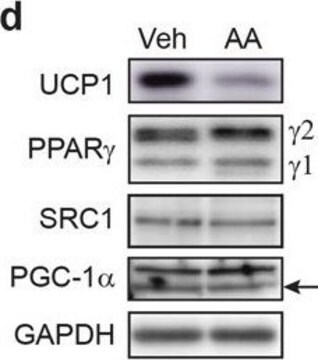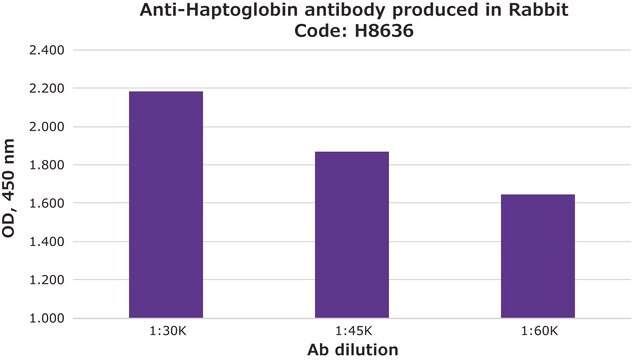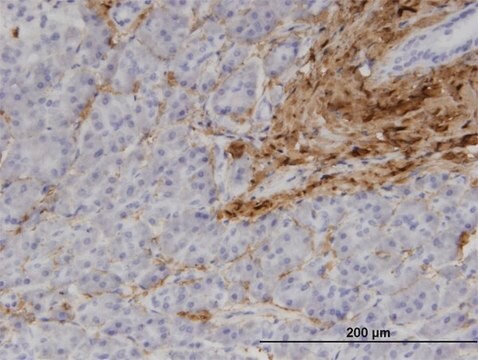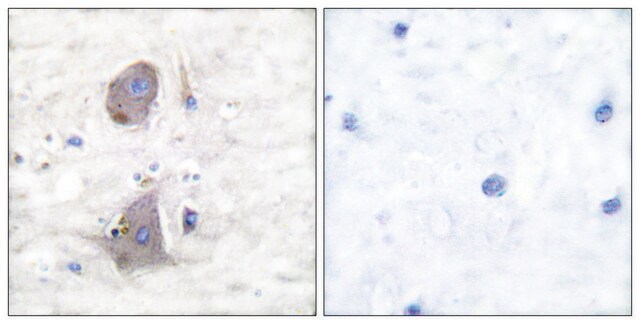O7635
Anti-Osteopontin antibody produced in goat
affinity isolated antibody, lyophilized powder
Synonym(s):
Anti-OPN
Select a Size
$605.00
In StockDetails
Select a Size
About This Item
$605.00
In StockDetails
Recommended Products
biological source
goat
Quality Level
conjugate
unconjugated
antibody form
affinity isolated antibody
antibody product type
primary antibodies
clone
polyclonal
form
lyophilized powder
species reactivity
mouse
technique(s)
capture ELISA: 0.2-0.8 μg/mL
immunohistochemistry: 5-15 μg/mL using mouse thymus tissue sections
neutralization: 1-3 μg/mL
western blot: 0.1-0.2 μg/mL
UniProt accession no.
General description
Immunogen
Biochem/physiol Actions
Physical form
Analysis Note
Disclaimer
Not finding the right product?
Try our Product Selector Tool.
Storage Class
11 - Combustible Solids
wgk_germany
WGK 3
flash_point_f
Not applicable
flash_point_c
Not applicable
Choose from one of the most recent versions:
Certificates of Analysis (COA)
Don't see the Right Version?
If you require a particular version, you can look up a specific certificate by the Lot or Batch number.
Already Own This Product?
Find documentation for the products that you have recently purchased in the Document Library.
Our team of scientists has experience in all areas of research including Life Science, Material Science, Chemical Synthesis, Chromatography, Analytical and many others.
Contact Technical Service






